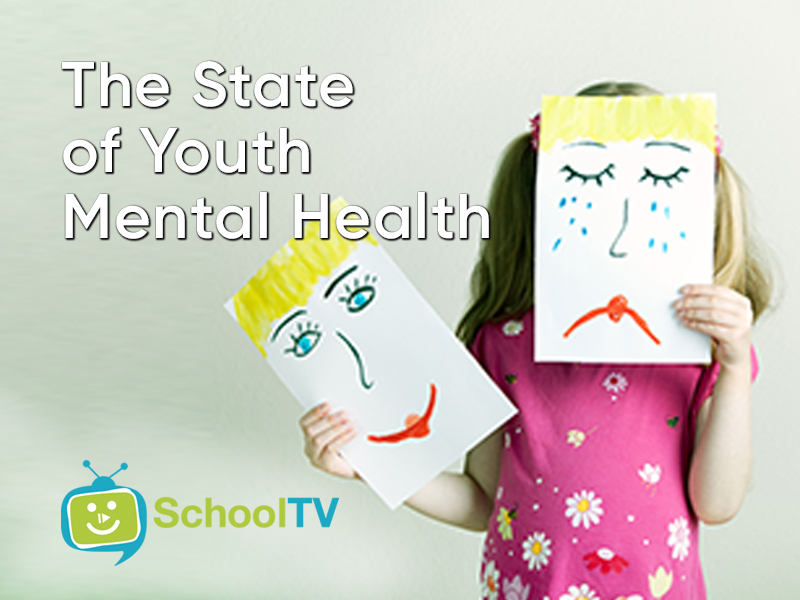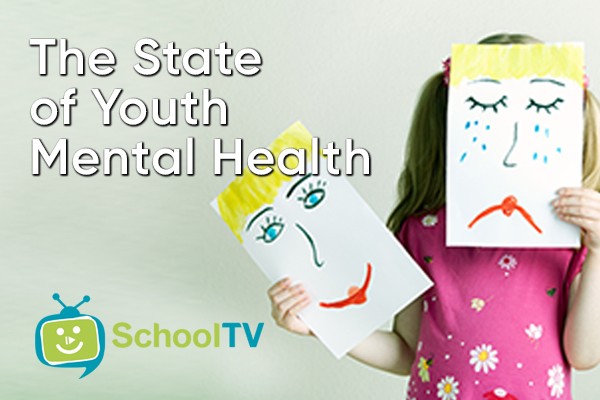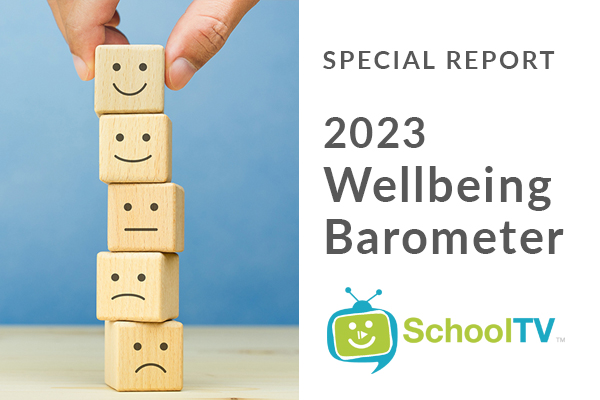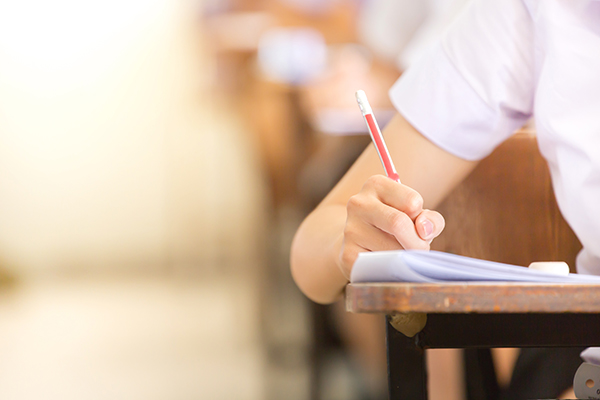
Social media influencers have become powerful individuals who often shape the opinions and beliefs of others due to strong connections with their audiences. In today’s fast-paced digital world, attention has become a valuable commodity.
However, the impact of social media influencers on youth mental health is a growing concern, most recently, the controversial actions and statements of Andrew Tate. His rise to fame has made him a polarising figure, amassing a significant following of mostly young males. Educators and families have raised urgent concerns about the damaging nature of Tate’s content, worried that his messages may radicalise students and create a generation of young men with regressive and harmful beliefs.
Young people often compare themselves to the idealised lives presented by influencers, leading to feelings of inadequacy, low self-worth and dissatisfaction. Social media algorithms may also expose them to inappropriate or harmful content such as explicit material, promotion of harmful behaviours, or distorted perceptions of body image or mental health.
It is important to guide a young person’s social media use and promote open communication. Be curious to comprehend why they might be drawn to radical influencers, like Andrew Tate, and actively seek understanding as part of the solution. While not all influencers have a negative impact, parents play a vital role in ensuring a balanced approach to social media. By actively modelling kindness, respect and positive values, parents can help tackle the sway of radical influencers and be part of the solution to countering unhealthy masculinity.
This Special Report provides guidance on how to respond to misinformation and disinformation, instead encouraging critical thinking and emphasising the value of real-life connections. We hope you take a moment to reflect on the information offered, and as always, we welcome your feedback. If this raises any concerns for you, a loved one or the wellbeing of your child, please consider seeking medical or professional help.
Click on this link to view the Special Report.















